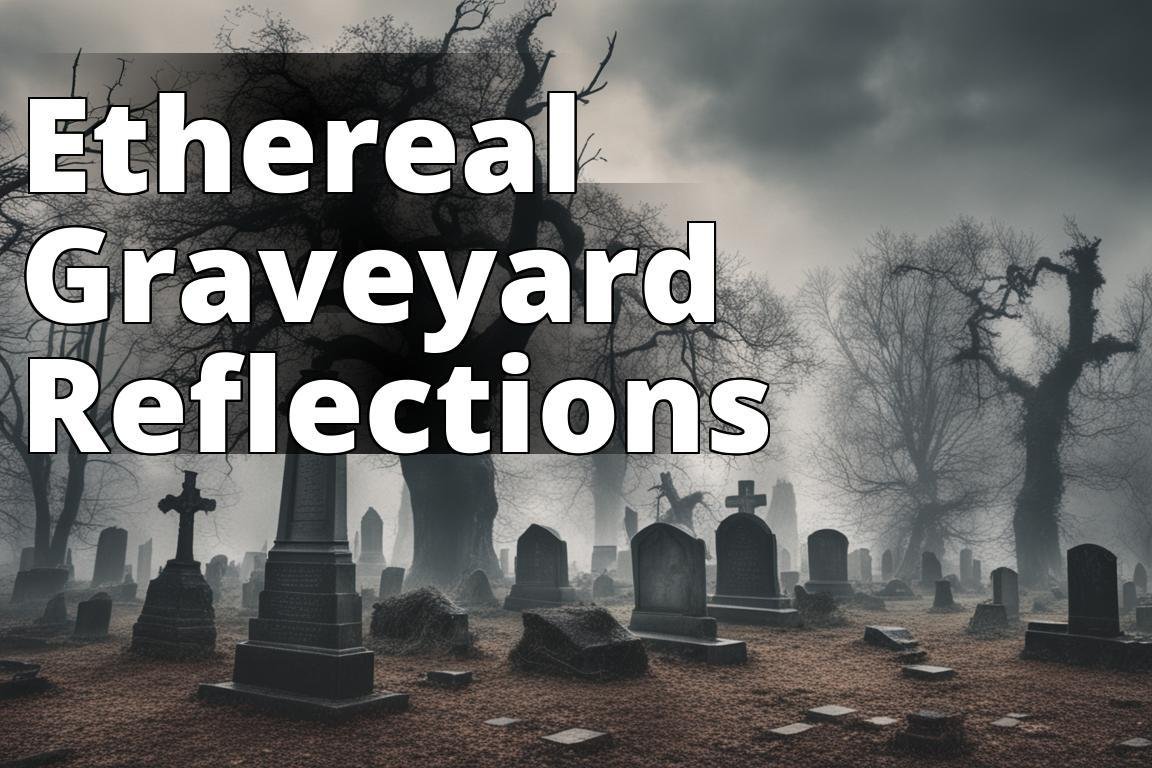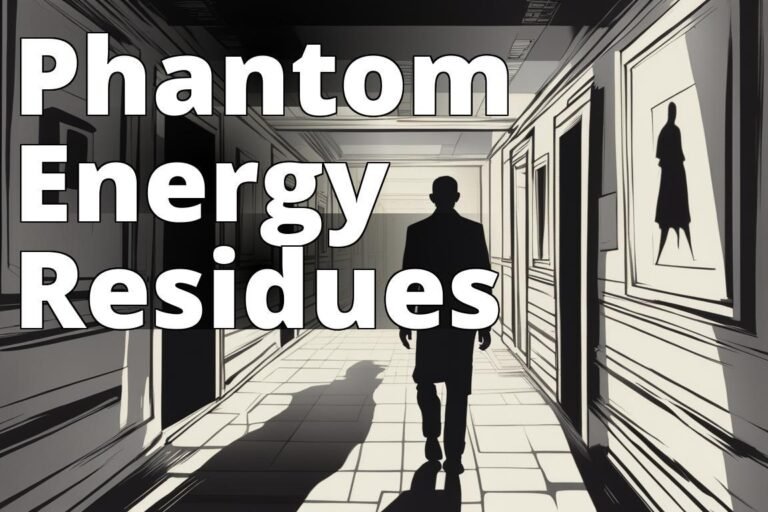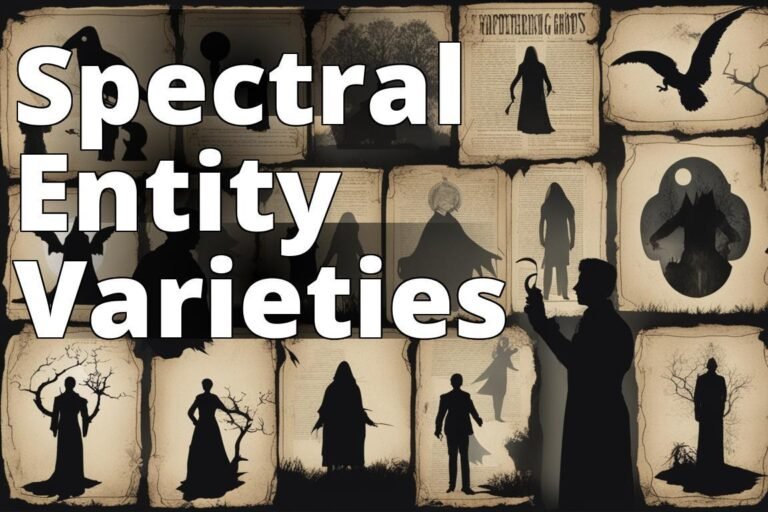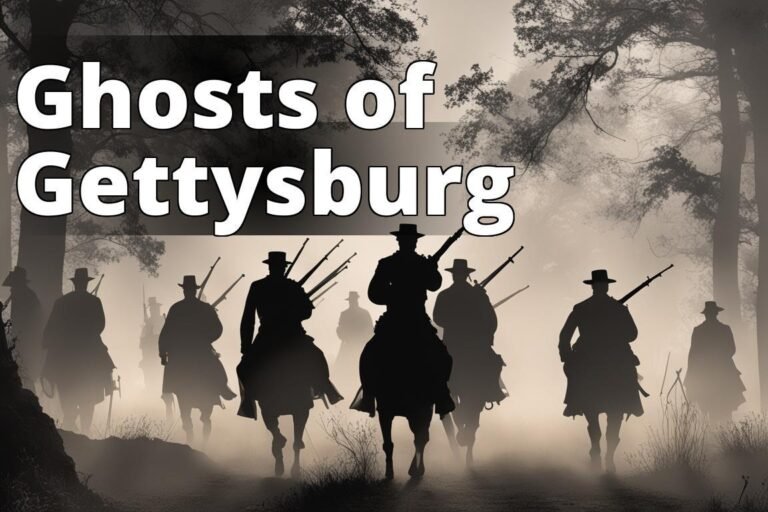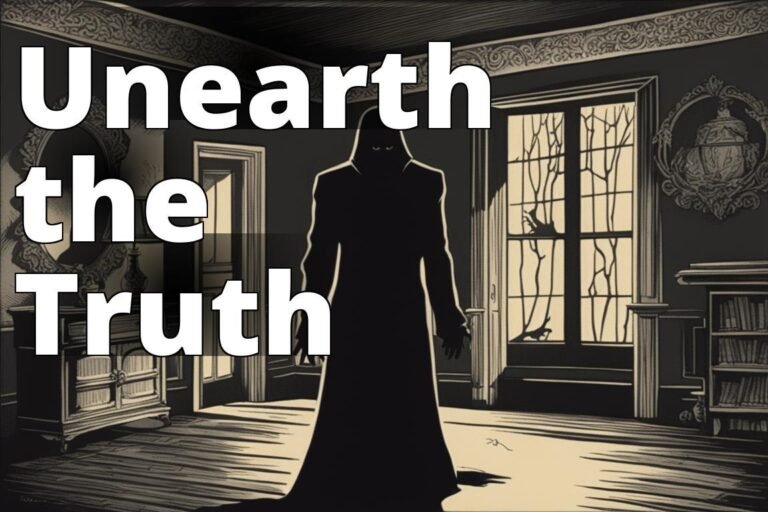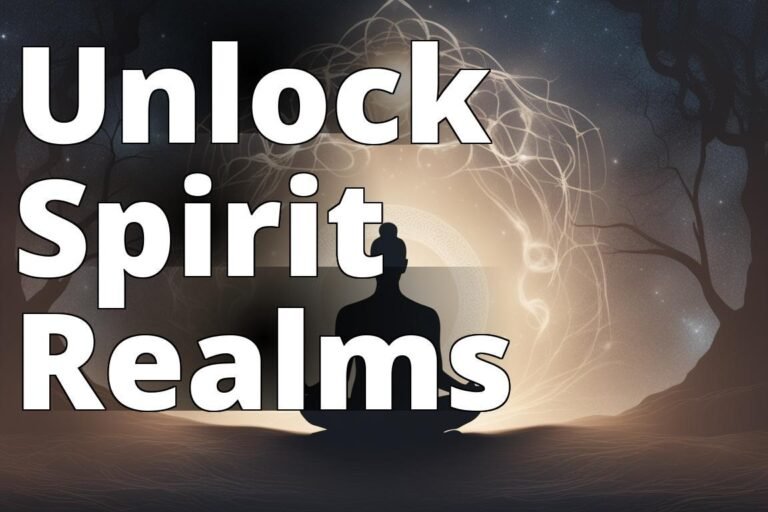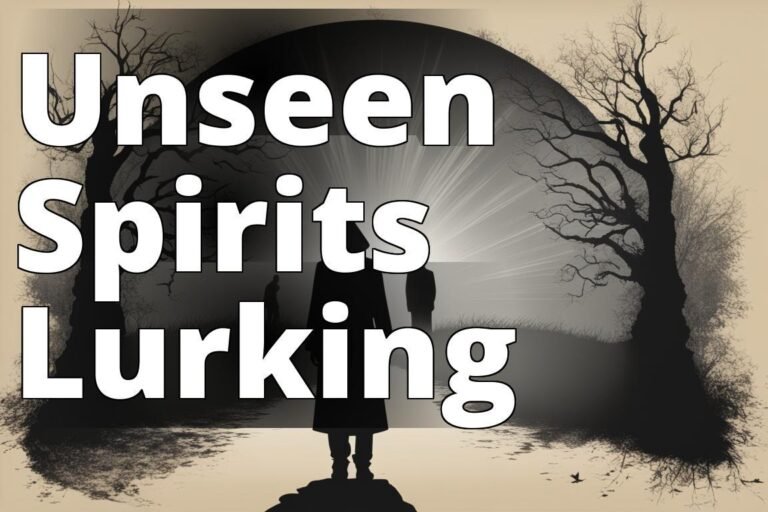What Do Ghosts Represent in Literature?
Ghosts in literature are far more than just spooky apparitions designed to give us a fright. They carry weight, embodying themes of unfinished business, past traumas, and the undeniable impact of history on the present. But what do ghosts represent in literature? From the eerie halls of haunted mansions to the spirits that linger in between the pages, ghosts serve as powerful metaphors for human experiences and emotions that refuse to be buried. In this exploration, we delve into 15 terrifying ghost stories in literature, uncovering the chills, thrills, and profound meanings hidden within these spectral tales.
Learn about the representation of ghosts in literature
- Ghosts in literature:
- Represent psychological trauma
- Symbolize guilt and unresolved issues
- Serve as metaphors for the past and memory
The Haunting of Hill House by Shirley Jackson
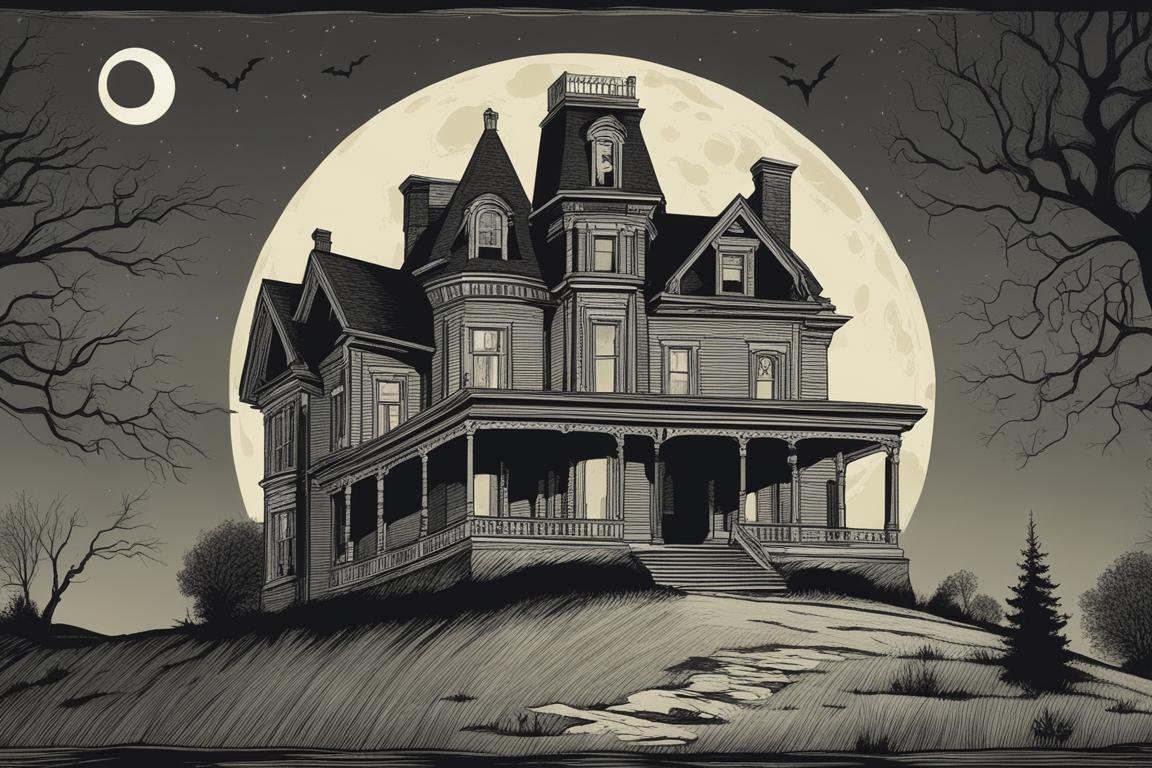
Shirley Jackson’s masterpiece, The Haunting of Hill House, is not just a ghost story but a psychological deep dive into the human psyche. The ghosts here are less about the supernatural and more about the haunting nature of one’s own mind. Jackson cleverly uses the haunted house as a metaphor for mental illness, showcasing how personal demons can be just as terrifying as any spirit.
Insider Tip: Pay close attention to the way Jackson describes the house itselfit’s almost as if the building is a living, breathing entity, reflecting the inner turmoil of the characters.
The Turn of the Screw by Henry James
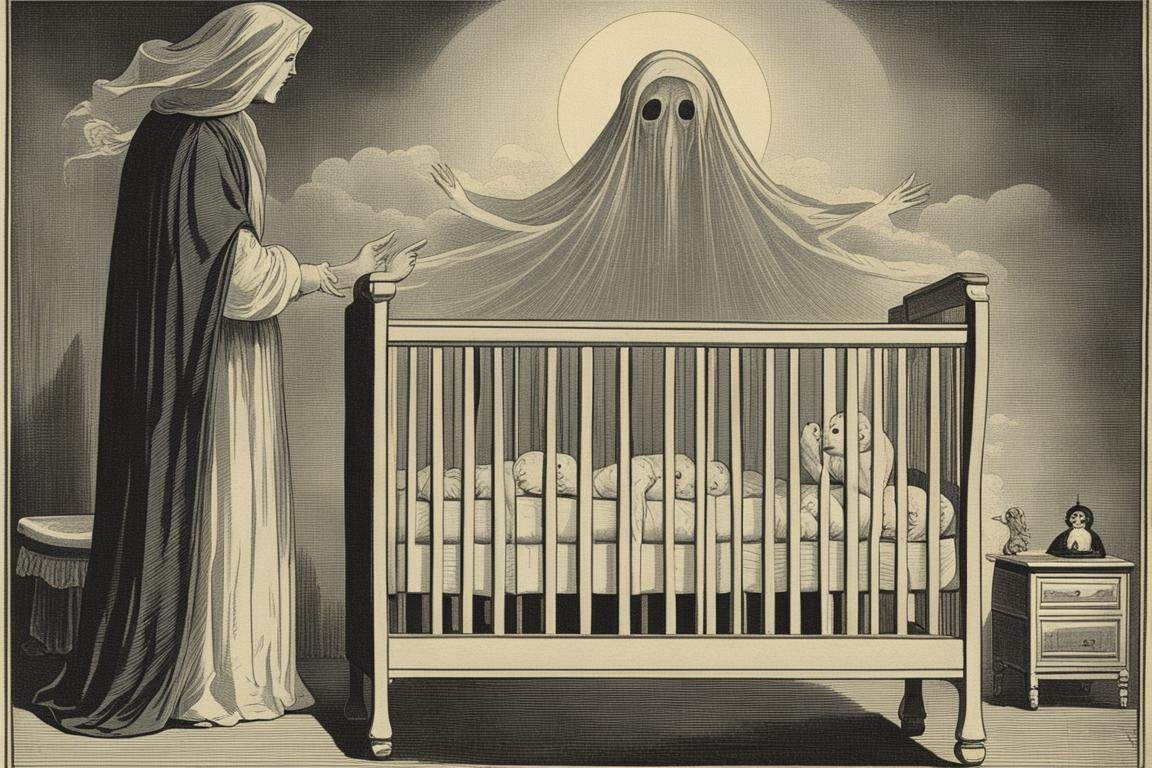
Henry James’s The Turn of the Screw presents a chilling tale of a governess and her two charges, who may or may not be seeing ghosts. The ambiguity of the story leaves readers questioning the existence of the supernatural entities and points towards a more disturbing possibility: the real horror might just be the human mind. James explores themes of innocence corrupted and the destructive nature of secrets, making the ghosts symbolic of the unseen forces that shape our lives.
Insider Tip: The narrative’s unreliable nature makes you question everythingperfect for those who love a story that lingers long after the last page.
Beloved by Toni Morrison
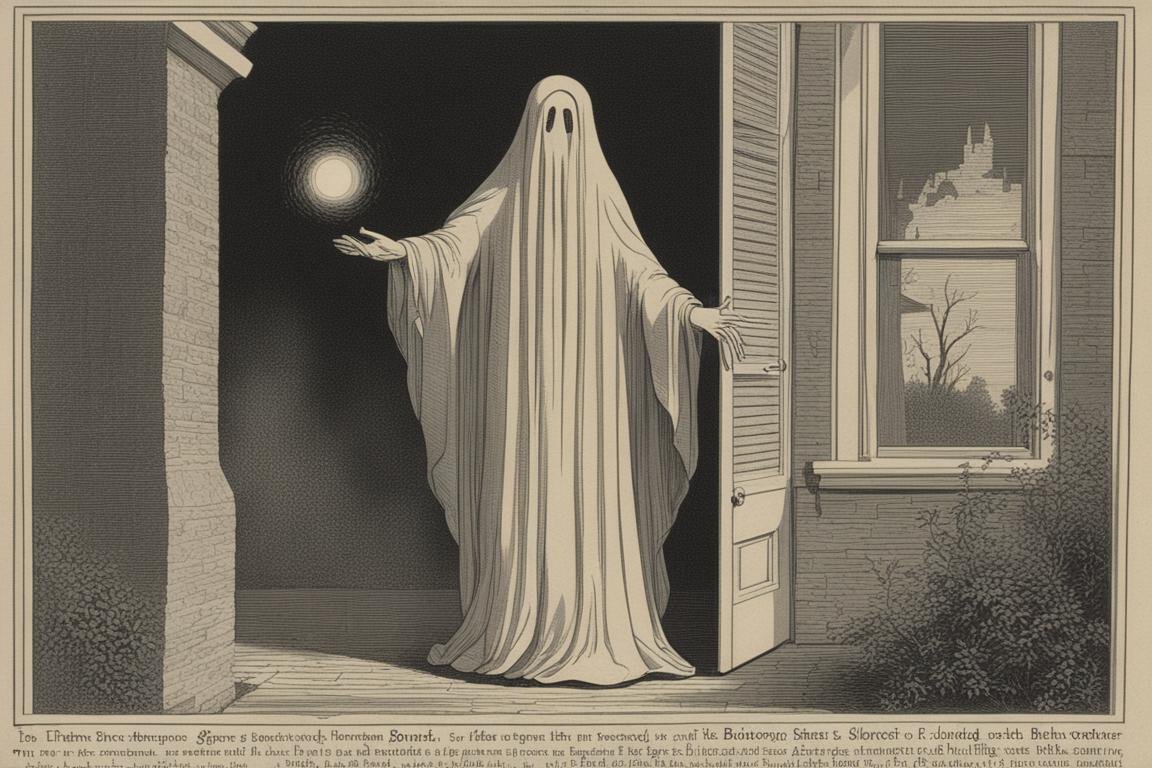
Toni Morrison’s Beloved tackles the haunting legacy of slavery in America, with the ghost of a baby girl, Beloved, symbolizing the past that refuses to stay buried. This novel is a profound commentary on the ways in which personal and collective traumas haunt individuals and communities. Morrison invites readers to confront uncomfortable truths about America’s history and the enduring impact of its sins.
Insider Tip: Morrison’s lyrical prose elevates the narrative, making Beloved a hauntingly beautiful read that challenges and enriches.
The Woman in Black by Susan Hill
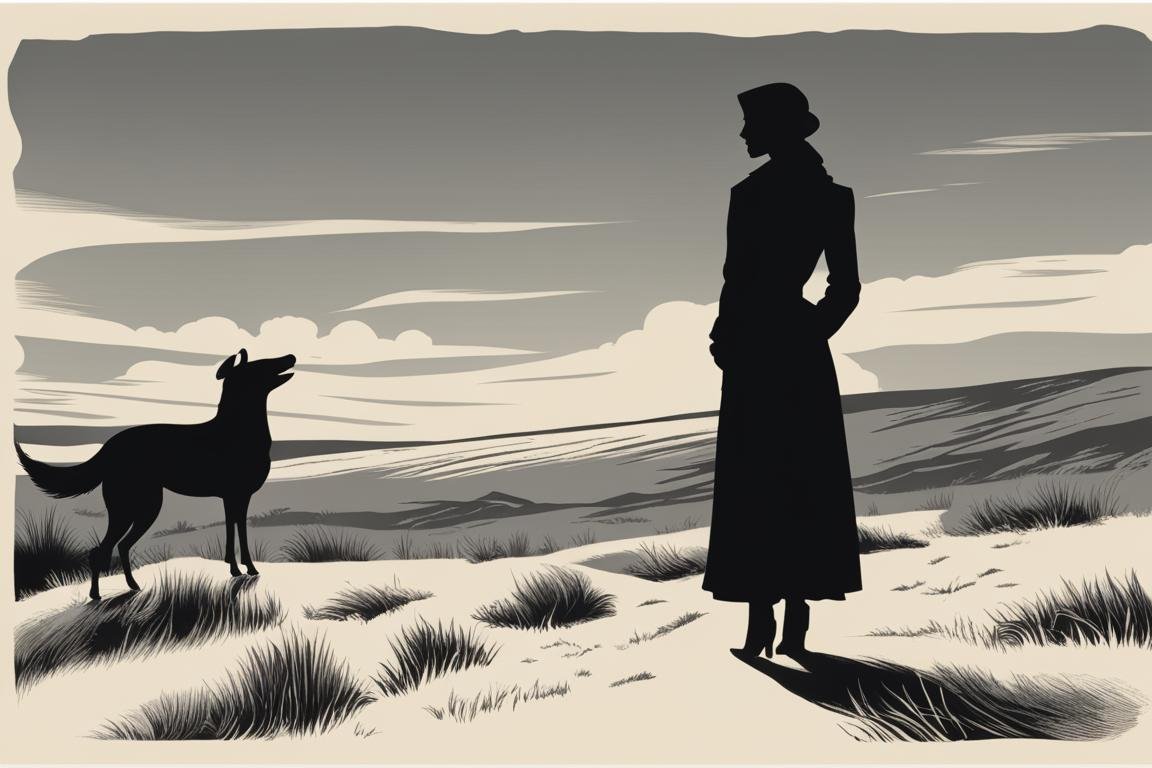
Susan Hill crafts a classic ghost story with The Woman in Black, where a young solicitor encounters a malevolent spirit in a remote village. The ghost, a woman in mourning, represents unresolved grief and the consequences of societal neglect. Hill masterfully builds tension and atmosphere, proving that traditional ghost stories can still send shivers down our spines.
Insider Tip: The foggy, isolated setting acts almost as a character itself, magnifying the sense of dread and foreboding.
The Little Stranger by Sarah Waters
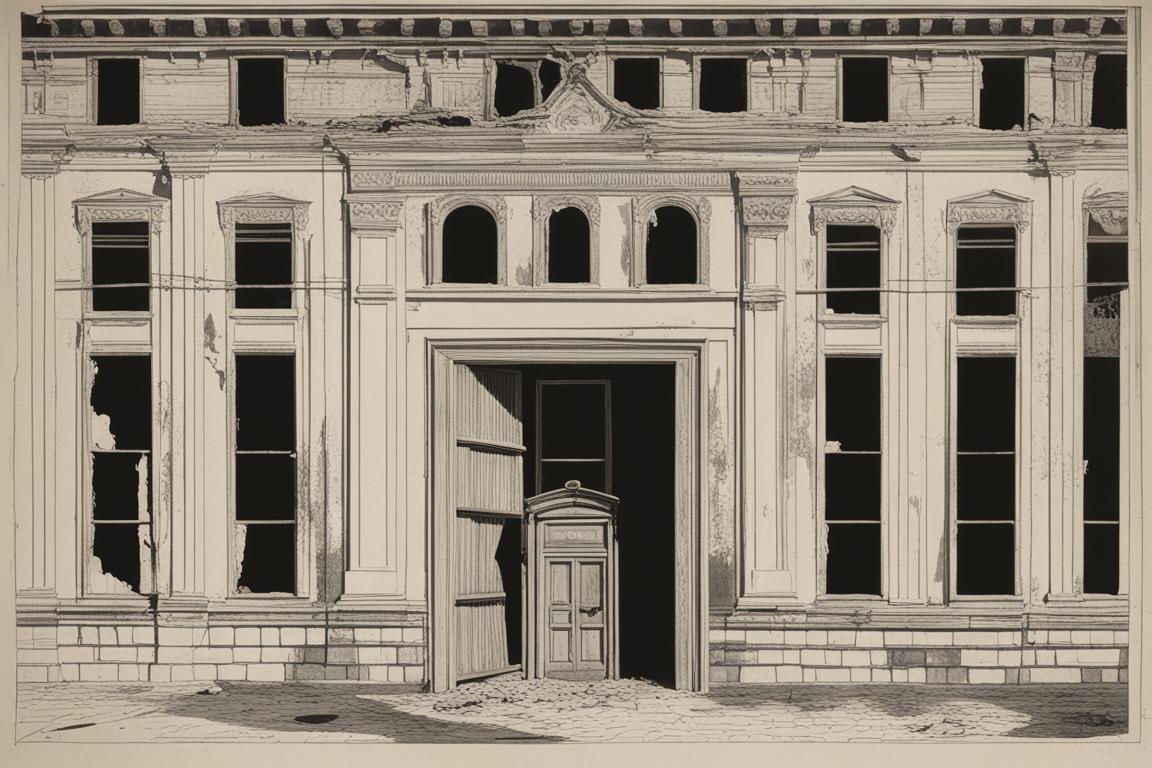
In The Little Stranger by Sarah Waters, the crumbling Hundreds Hall is as much a ghost as the spectral phenomena troubling its inhabitants. This post-WWII story blends social commentary with supernatural elements, exploring the decline of the British aristocracy through the lens of a haunted house. The ghosts here may be metaphorical, but their impact is undeniably real, reflecting the characters’ fears and the societal changes of the time.
Insider Tip: Waters uses subtle horror elements to create a pervasive sense of unease that perfectly captures the post-war mood.
The Shining by Stephen King
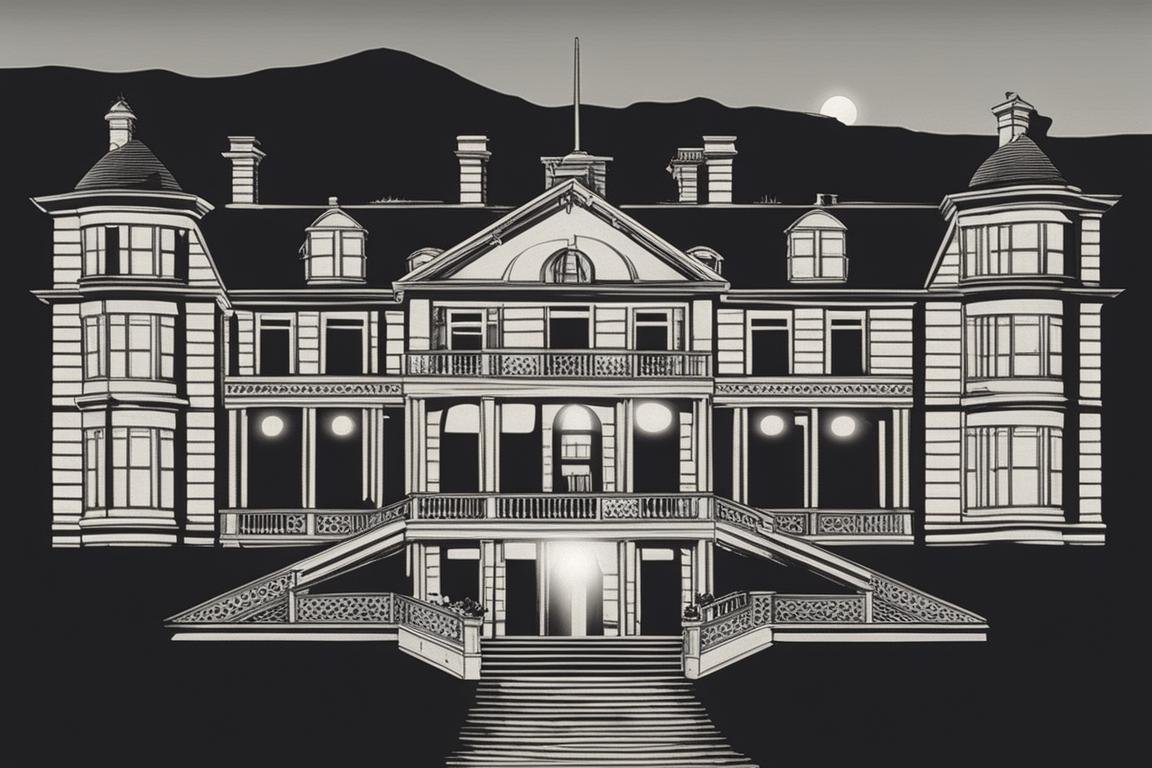
Stephen King’s The Shining is a tour de force of psychological and supernatural horror. The Overlook Hotel, with its bloody history and malevolent spirits, acts as a catalyst for Jack Torrance’s descent into madness. King masterfully uses the ghosts as symbols of past wrongs and the dark side of human nature, making The Shining a deeply unsettling exploration of addiction, violence, and the fragility of the human mind.
Insider Tip: King’s ability to blend the supernatural with the all-too-real horrors of the mind makes this a must-read for horror aficionados.
The Graveyard Book by Neil Gaiman
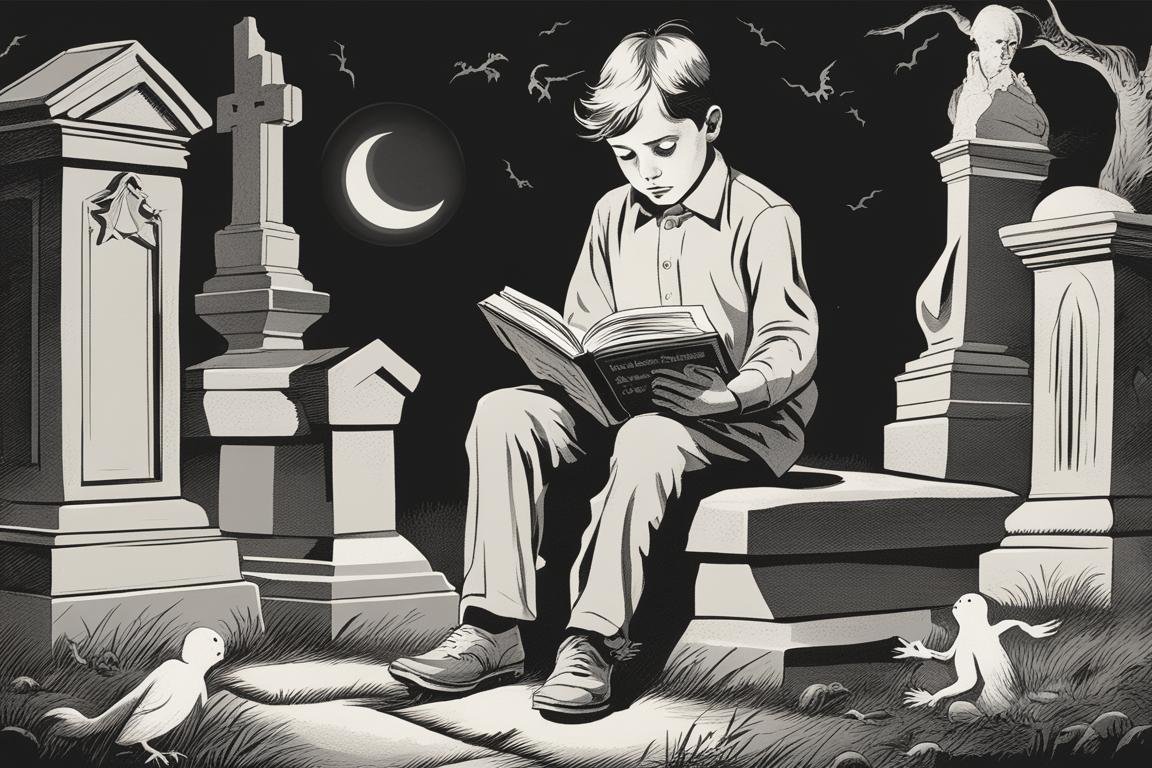
Neil Gaiman’s The Graveyard Book offers a unique take on the ghost story genre, telling the tale of a boy raised by spirits in a cemetery. Here, the ghosts are protectors, guides, and friends, representing the idea that those we’ve lost never truly leave us. Gaiman’s narrative is a heartwarming yet eerie adventure that explores themes of family, identity, and growing up.
Insider Tip: Gaiman’s imaginative world-building and charming characters make this a ghost story that’s suitable for all ages.
The Canterville Ghost by Oscar Wilde
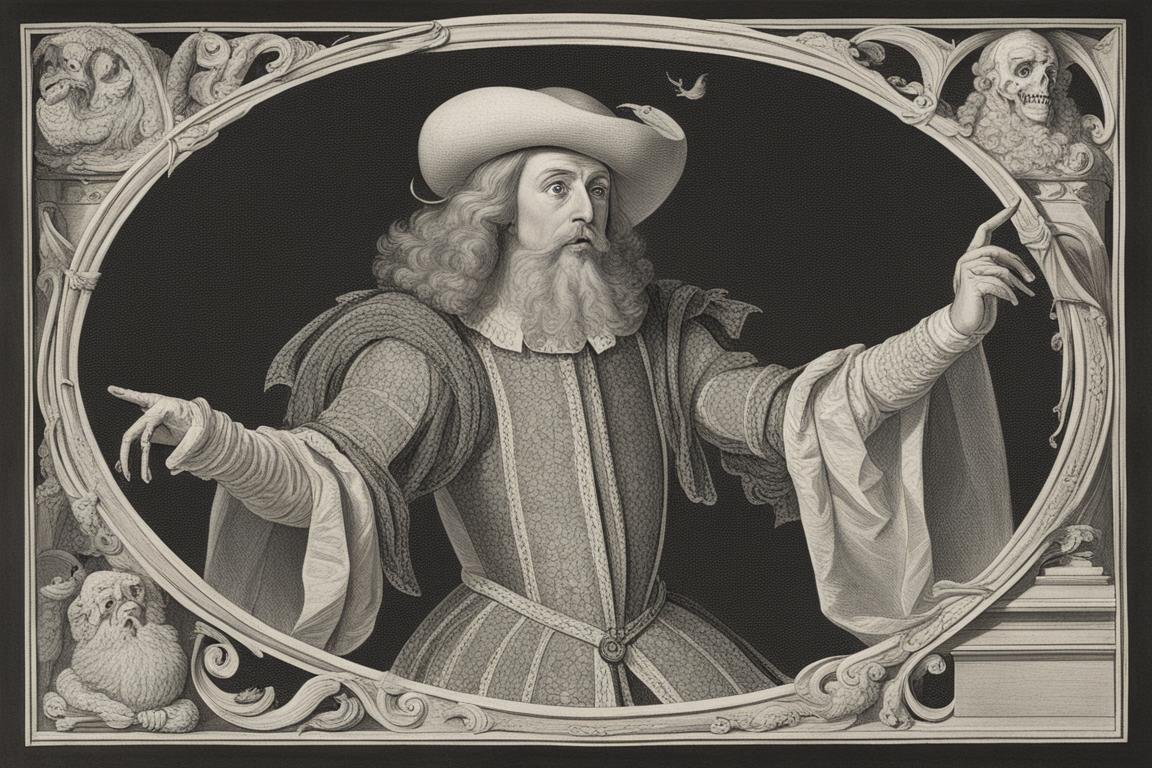
Oscar Wilde’s The Canterville Ghost turns the ghost story on its head with its satirical take on the genre. The story of Sir Simon, who fails to scare an American family residing in his ancestral home, is both humorous and poignant. Wilde uses the ghost to critique societal norms and the clash between British aristocratic traditions and American pragmatism.
Insider Tip: Wilde’s wit and humor shine through, making this a delightful read that also offers commentary on cultural differences.
The Lovely Bones by Alice Sebold
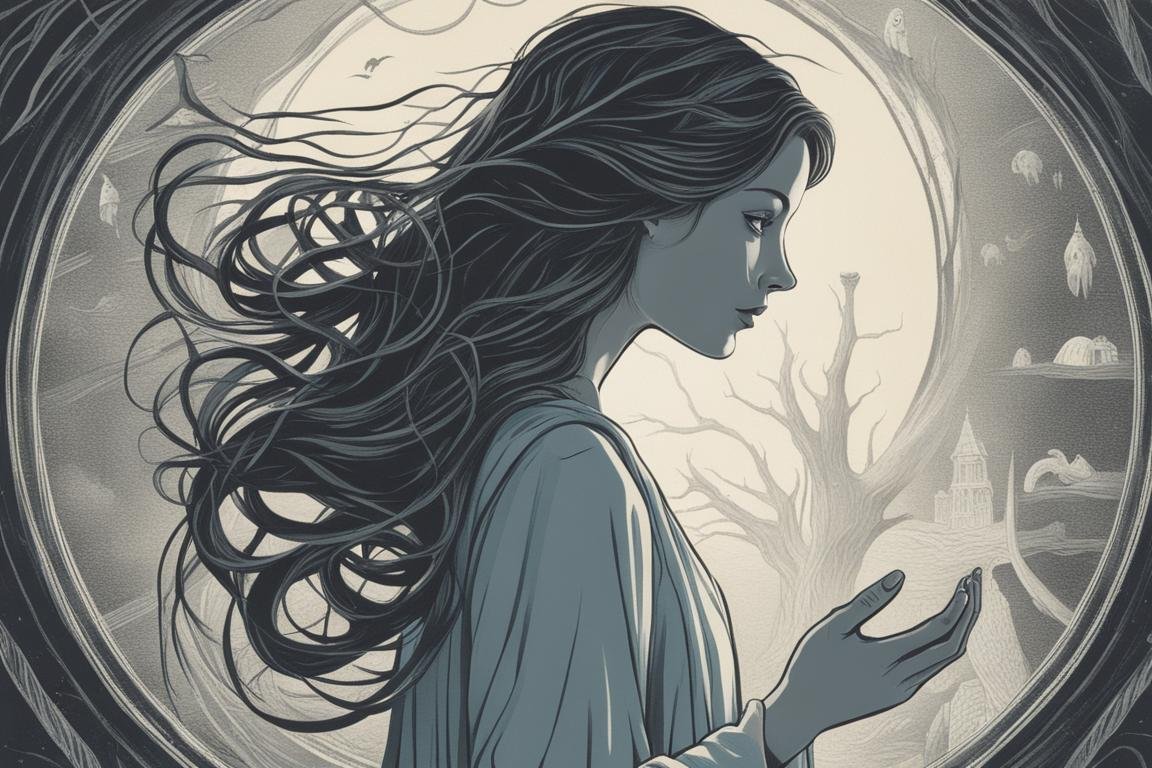
In The Lovely Bones, Alice Sebold tells the story of Susie Salmon, a young girl who, after her murder, watches over her family and killer from the afterlife. This novel explores the stages of grief, the impact of loss, and the idea of finding peace. Sebold presents a unique perspective on the ghost narrative, using it to delve into the complexities of human emotions and relationships.
Insider Tip: Sebold’s portrayal of Susie’s heaven is as imaginative as it is touching, offering a hopeful outlook on life after death.
The Ghost Bride by Yangsze Choo
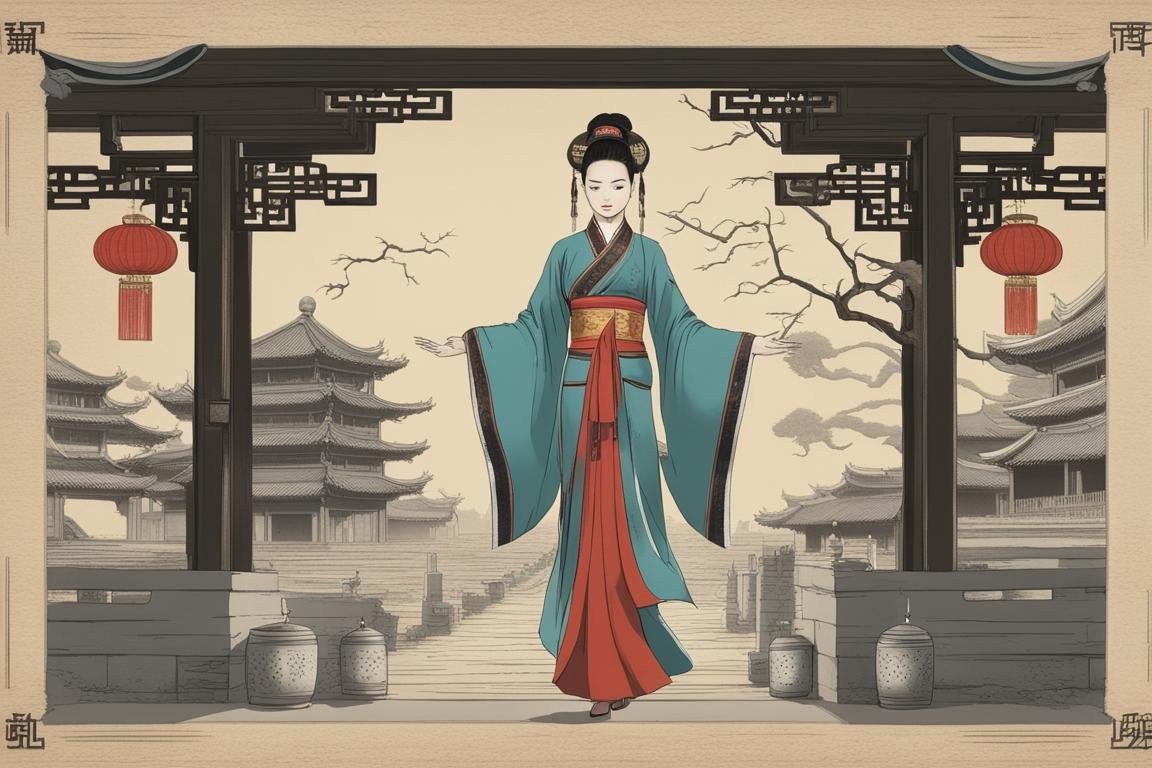
The Ghost Bride by Yangsze Choo is a captivating blend of historical fiction, romance, and the supernatural. Set in colonial Malaya, it follows Li Lan, who is proposed as a “ghost bride” to a deceased heir. This story delves into Chinese afterlife beliefs and the practice of ghost marriages, providing a fascinating glimpse into a different cultural perspective on spirits and the afterlife.
Insider Tip: Choo’s richly detailed world is as enchanting as it is eerie, offering a story that’s as much about love and duty as it is about ghosts.
The Ghosts of Heaven by Marcus Sedgwick
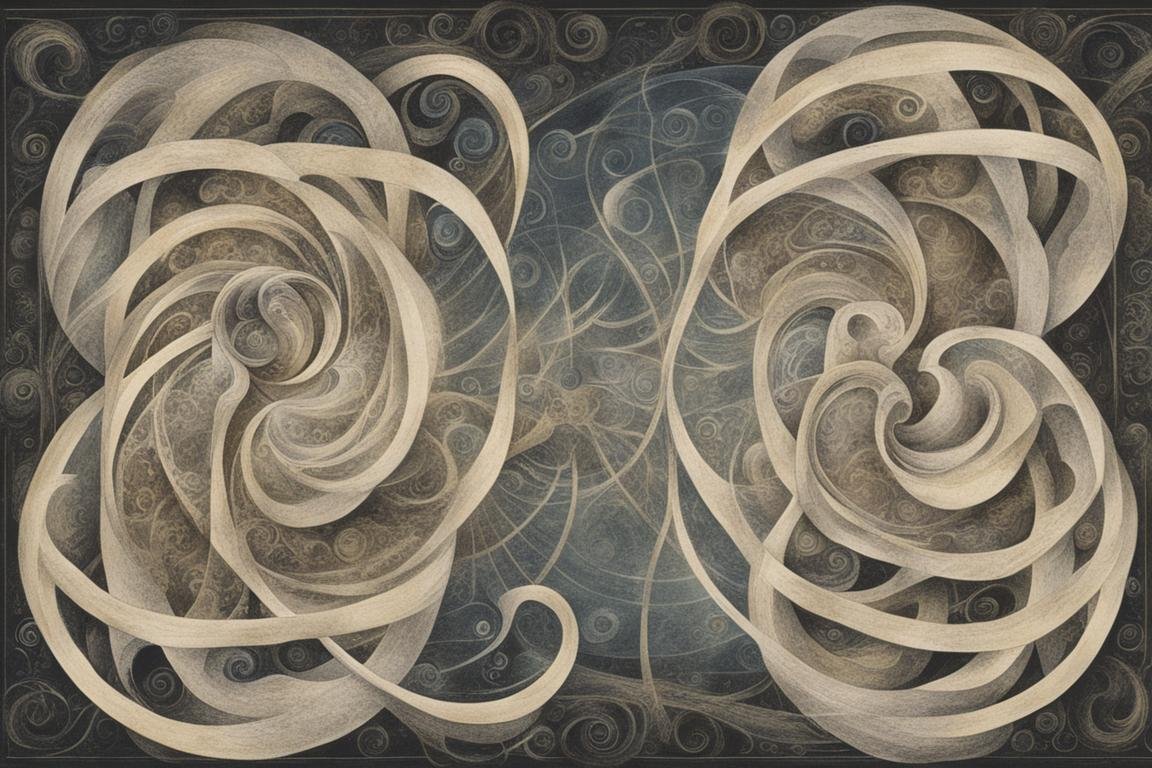
Marcus Sedgwick’s The Ghosts of Heaven is a unique entry in this list, comprising four interlinked stories that span different times and settings, from prehistoric times to the distant future. Ghosts in this narrative are more abstract, representing the eternal mysteries of life, death, and the universe. Sedgwick’s ambitious storytelling asks readers to consider the bigger picture, making this a thought-provoking read.
Insider Tip: The thematic connection between the stories is the spiral, a symbol that’s as haunting as it is beautiful.
The Woman in White by Wilkie Collins
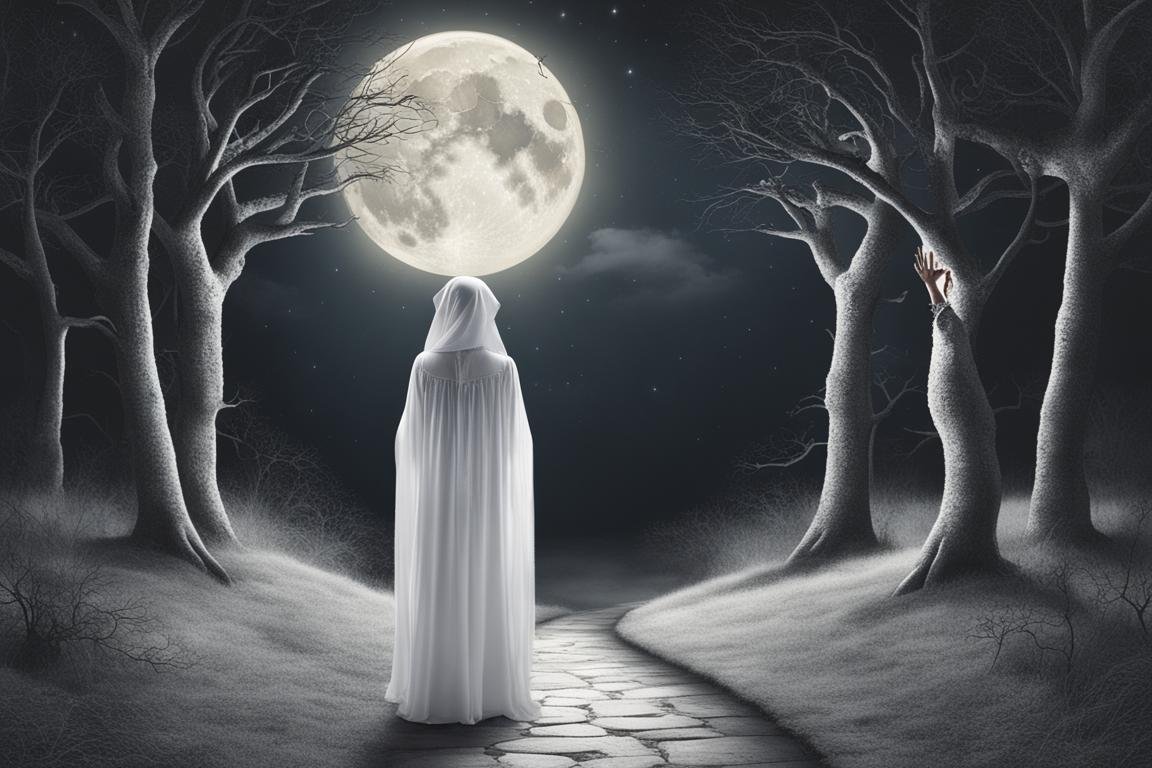
Wilkie Collins’s The Woman in White is often hailed as one of the first mystery novels, featuring a ghostly woman whose appearance sets off a thrilling narrative of deception, insanity, and intrigue. While not a ghost story in the traditional sense, the woman in white symbolizes the secrets and lies that haunt the characters. Collins masterfully weaves a tale that keeps readers guessing, proving that human actions can be as chilling as any specter.
Insider Tip: Collins’s intricate plot and vivid characterizations make this a standout novel in the mystery genre.
The Picture of Dorian Gray by Oscar Wilde
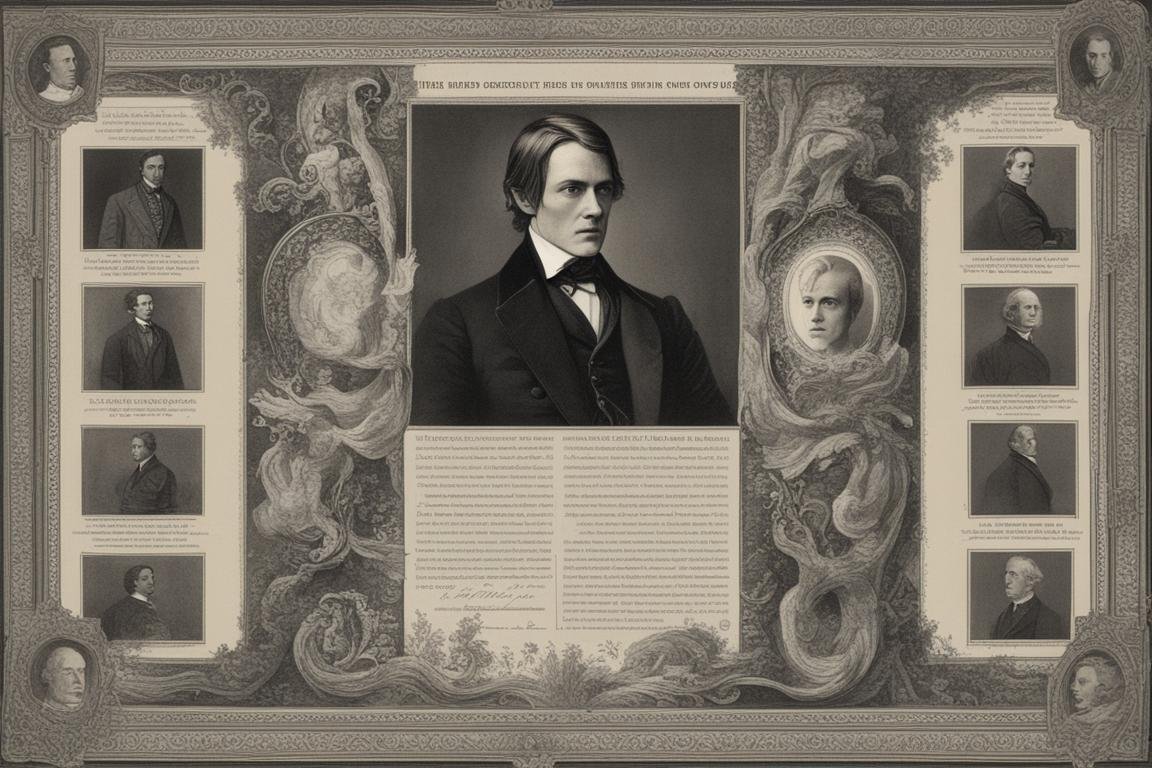
In The Picture of Dorian Gray, Oscar Wilde explores the ghostly consequences of a life lived in pursuit of hedonism and vanity. Dorian’s portrait serves as a spectral presence, reflecting the corruption of his soul even as he remains outwardly youthful. Wilde’s only novel is a brilliant critique of society and morality, with the ghostly image acting as a powerful symbol of inner decay.
Insider Tip: Wilde’s prose is as beautiful as it is sharp, making Dorian Gray a timeless tale of caution and self-reflection.
The Ghost Writer by John Harwood
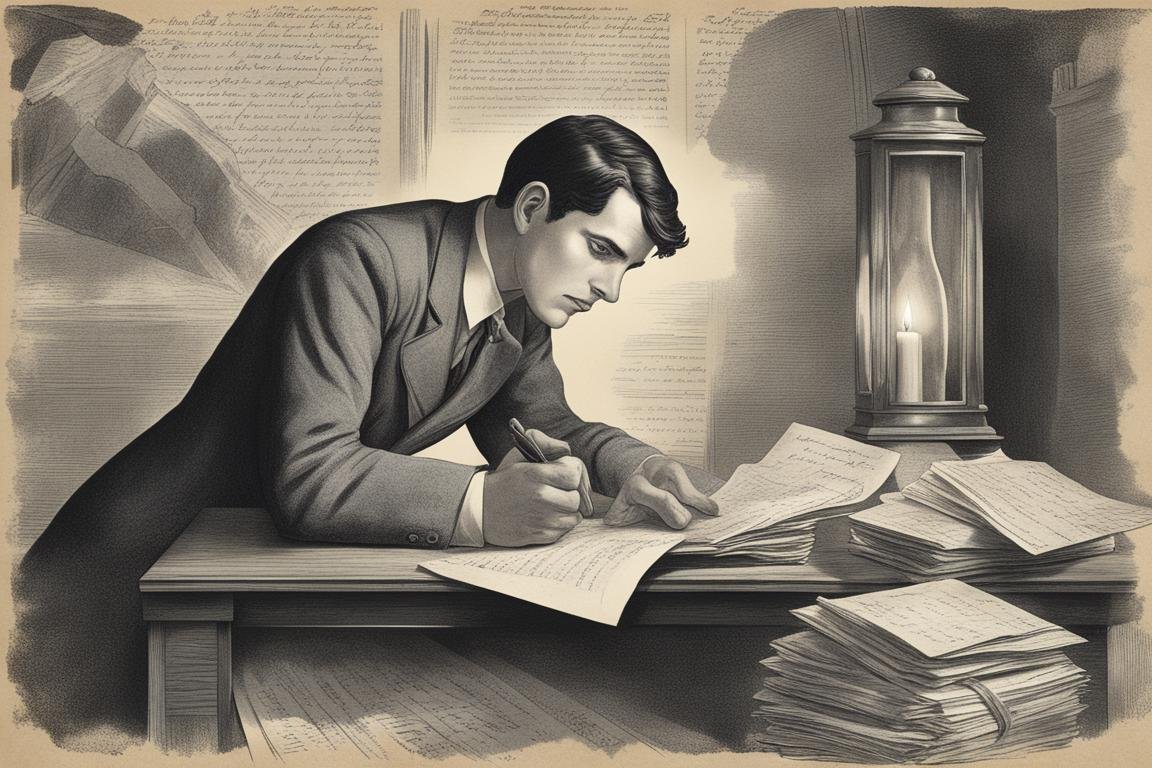
John Harwood’s The Ghost Writer blends gothic horror with a compelling mystery. The narrative revolves around a young man’s discovery of his family’s dark secrets through ghost stories written by his grandmother. The ghosts in these tales are echoes of the past, metaphorically haunting the present and revealing the power of storytelling to uncover truth.
Insider Tip: Harwood’s skillful interweaving of stories within stories creates a labyrinthine narrative that’s both intriguing and haunting.
The Silent Companions by Laura Purcell

Laura Purcell’s The Silent Companions is a Victorian gothic horror story that introduces an eerie concept: painted wooden figures known as silent companions that seem to move on their own. These companions are not traditional ghosts but serve a similar purpose, embodying the past’s influence and the terror of the unknown. Purcell crafts a claustrophobic atmosphere filled with dread, proving that sometimes, the scariest ghosts are those of our own making.
Insider Tip: Purcell’s meticulous attention to historical detail and atmosphere makes this a deeply immersive and chilling read.
In conclusion, ghosts in literature are multifaceted symbols, representing everything from personal guilt and societal injustices to the universal fear of death and the unknown. They compel us to look beyond the surface, to unravel the deeper meanings woven into their ethereal forms. These 15 ghost stories, each terrifying in its own right, offer a glimpse into the vast panorama of human emotion and experience, reminding us that sometimes, the true hauntings are those that reside within us.
For more eerie tales and ghostly insights, don’t forget to explore other spooky corners of thinwhitelies.com. Sitemap
Answers To Common Questions
Who are ghosts commonly portrayed as in literature?
Ghosts are often depicted as lost souls seeking closure.
What do ghosts symbolize in literary works?
Ghosts typically represent unresolved issues or guilt.
How do ghosts affect the characters in literature?
Ghosts often influence characters to confront their past.
What if I don’t believe in ghosts in literature?
Even if not real, ghosts in literature serve as metaphors.
How are ghosts used as plot devices in stories?
Ghosts can drive the narrative by revealing hidden truths.
Who decides the purpose of ghosts in literary works?
Authors carefully craft ghosts’ roles for symbolic impact.

